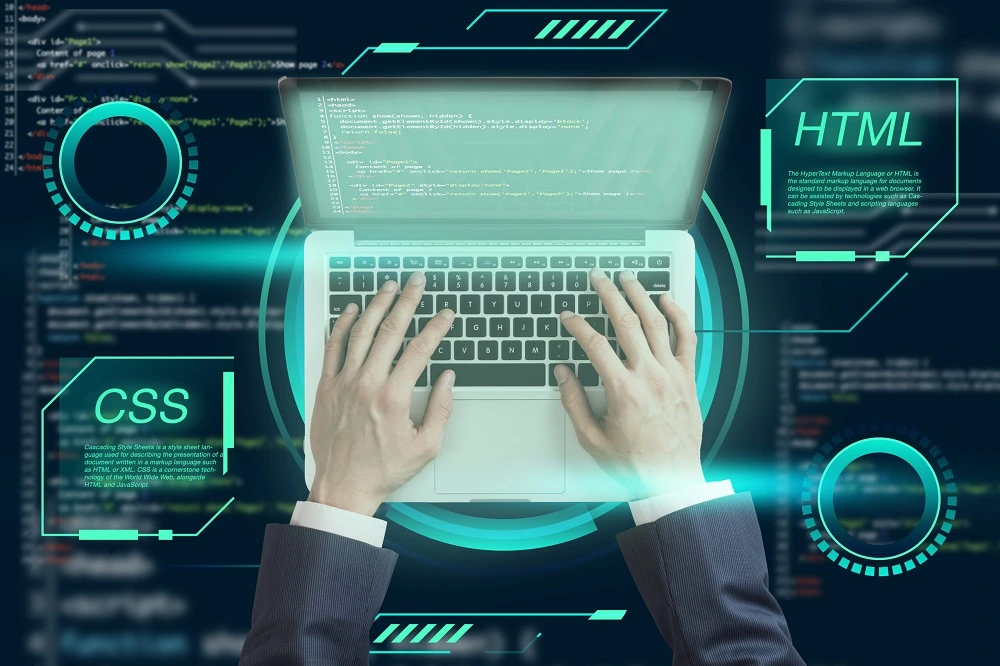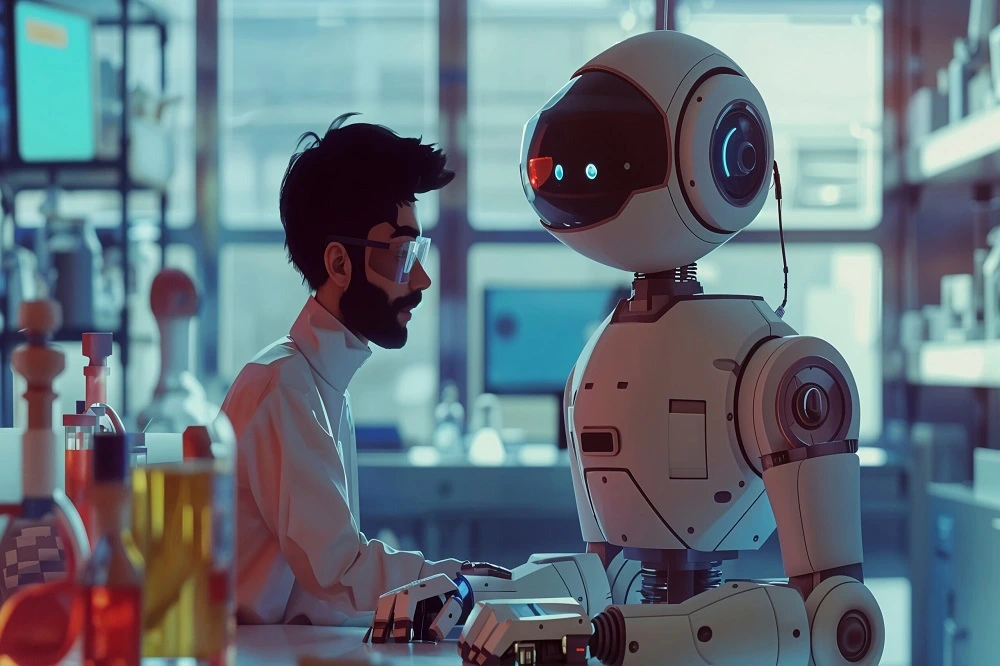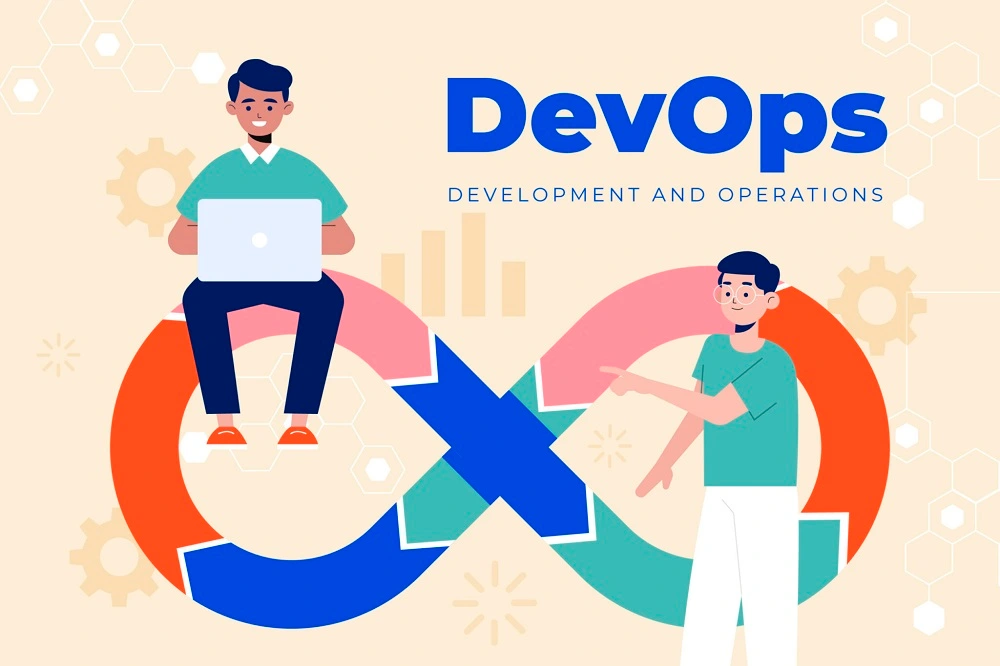The Ethical Implications of AI in Software Development
As artificial intelligence becomes deeply embedded in software development, it raises crucial questions not just about what we can build—but what we should build.
Introduction
AI is transforming how software is developed, deployed, and experienced. From AI-assisted coding tools to automated testing, recommendation engines, and predictive analytics, intelligent systems are reshaping the developer's workflow. But with great power comes great responsibility.
Behind every AI-driven decision lies a series of ethical questions: Is it fair? Is it transparent? Is it safe? In this blog, we’ll explore the ethical implications of AI in software development—and why addressing them isn’t optional.
1. Algorithmic Bias and Discrimination
AI systems learn from data. If that data is biased, incomplete, or unbalanced, the results can be discriminatory.
- Example: A hiring tool trained on past employee data may favor one gender or race if historical data contains such bias.
- Developer’s Responsibility: Understand data sources, audit models, and include diverse data sets in training pipelines.
“Bias in, bias out” is not just a technical problem—it’s an ethical one.
2. Transparency and Explainability
Many AI systems operate as black boxes—producing results without explaining how or why. This raises questions of trust and accountability.
- Can users appeal decisions made by an AI?
- Can developers explain why the AI made a choice?
Ethical AI demands transparency—especially in areas like finance, healthcare, or law where decisions carry real consequences.
3. Job Displacement and Developer Roles
AI tools like GitHub Copilot, Amazon CodeWhisperer, and ChatGPT are redefining how software is written. While they boost productivity, they also prompt concerns:
- Will AI replace entry-level or support developers?
- Are we devaluing human creativity in coding?
The ethical path forward lies in using AI as an augmentation—not a replacement—of human talent, while retraining workers for new roles created by AI itself.
4. Intellectual Property and Code Generation
AI-powered tools trained on open-source codebases sometimes generate snippets that mirror licensed code. This raises IP and copyright concerns.
- Who owns the code that an AI generates?
- Is it ethical to use publicly available code for commercial AI training?
These are evolving legal and moral discussions that developers and companies must navigate responsibly.
5. Data Privacy and User Consent
Many AI systems depend on collecting, storing, and analyzing user data. Without robust privacy protections, this leads to surveillance risks and misuse.
- Do users know how their data is being used?
- Are developers following GDPR, HIPAA, or other data protection regulations?
Ethical AI respects user consent and designs privacy as a feature—not an afterthought.
6. Autonomous Decision-Making and Accountability
As AI becomes capable of making decisions independently—such as approving loans, flagging content, or allocating resources—the question arises: Who is accountable when things go wrong?
Ethical software development must include human-in-the-loop controls and clear escalation paths for automated systems.
7. AI in Security and Surveillance
AI is increasingly used for threat detection, facial recognition, and behavioral monitoring. While powerful, these tools can infringe on civil liberties when misused.
- Should developers contribute to AI systems that might be used for mass surveillance?
- What safeguards can prevent authoritarian misuse?
Developers and organizations must draw ethical boundaries around use cases and challenge projects that violate fundamental rights.
The Developer’s Role in Ethical AI
AI ethics isn't just a concern for policymakers or ethicists. Developers are on the front lines of innovation, and their choices shape how AI behaves. Here’s how they can contribute ethically:
- Participate in ethical design reviews
- Test models for bias and harm
- Educate teams on responsible AI principles
- Document risks and limitations in software releases
Conclusion
AI in software development offers incredible promise—but also complex risks. Ethical awareness is no longer optional. It’s a professional obligation. As developers, we must ask hard questions, challenge assumptions, and design systems that are not just intelligent, but also just.
Because in the age of AI, code doesn't just execute—it impacts lives.






